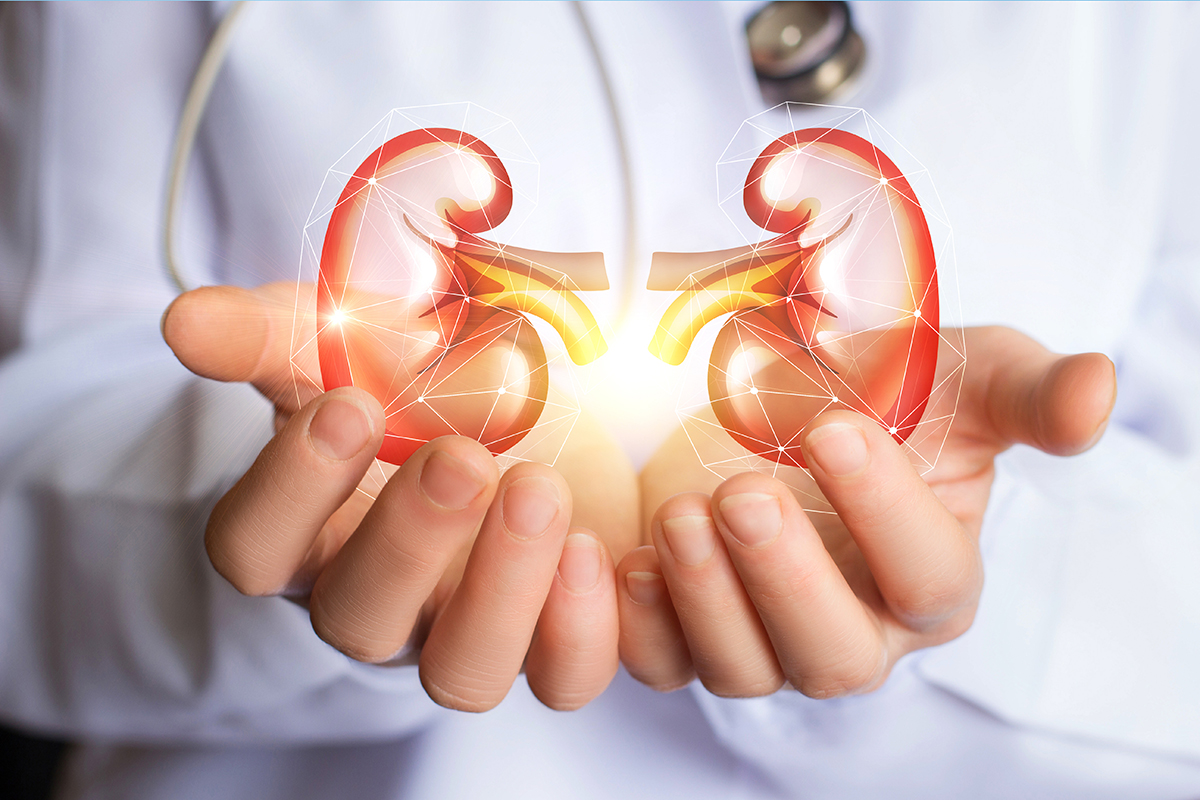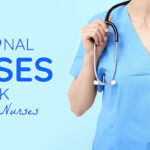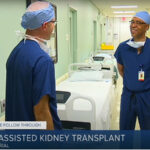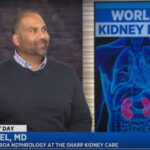Chronic kidney disease (CKD) is a condition in which the kidneys gradually lose their ability to filter waste products from the blood. CKD is often referred to as the “silent killer” because it can progress for years without causing any symptoms. By the time people with CKD start to experience symptoms, such as fatigue, swelling in the feet and ankles, and difficulty concentrating, the disease may have already progressed to a serious stage. There are a number of reasons why CKD is so difficult to detect early.
First, the kidneys are very good at compensating for damage. Even when one kidney is no longer functioning properly, the other kidney can take over the workload. Second, the early symptoms of CKD are often vague and can be easily attributed to other conditions. For example, fatigue is a common symptom of many different diseases, including anemia, thyroid problems, and depression. Finally, many people with CKD are unaware of their risk factors for the disease. For example, people with diabetes or high blood pressure are at an increased risk of developing CKD, but they may not realize it.
Risk factors for kidney disease
Anyone can develop kidney disease, but some people are at higher risk than others. Risk factors for kidney disease include:
- Diabetes
- High blood pressure
- Family history of kidney disease
- Obesity
- Smoking
- Age (over 65)
- Race or ethnicity (African Americans, Hispanics, and American Indians are at higher risk)
Symptoms of kidney disease
Kidney disease often doesn’t cause any symptoms until the damage is severe. However, some of the symptoms of kidney disease include:
- Fatigue
- Swelling in your feet and ankles
- High blood pressure
- Back pain
- Frequent urination
- Dark-colored urine
- Foamy urine
Tips for keeping your kidneys healthy:
- Control your blood pressure and blood sugar levels.
- Maintain a healthy weight.
- Eat a healthy diet.
- Get regular exercise.
- Don’t smoke.
- Drink plenty of fluids.
Consequently, if you have any risk factors for kidney disease, it’s important to get regular checkups and screenings. This will help you catch kidney disease early, when it’s most treatable. If you are at risk for CKD, talk to your doctor about getting your kidney function tested. Early detection and treatment can help you manage your condition and prevent serious complications.
Furthermore, watch this Balboa Nephrology Educational Video on YouTube about steps you can take after a CKD Diagnosis .
Resources:











